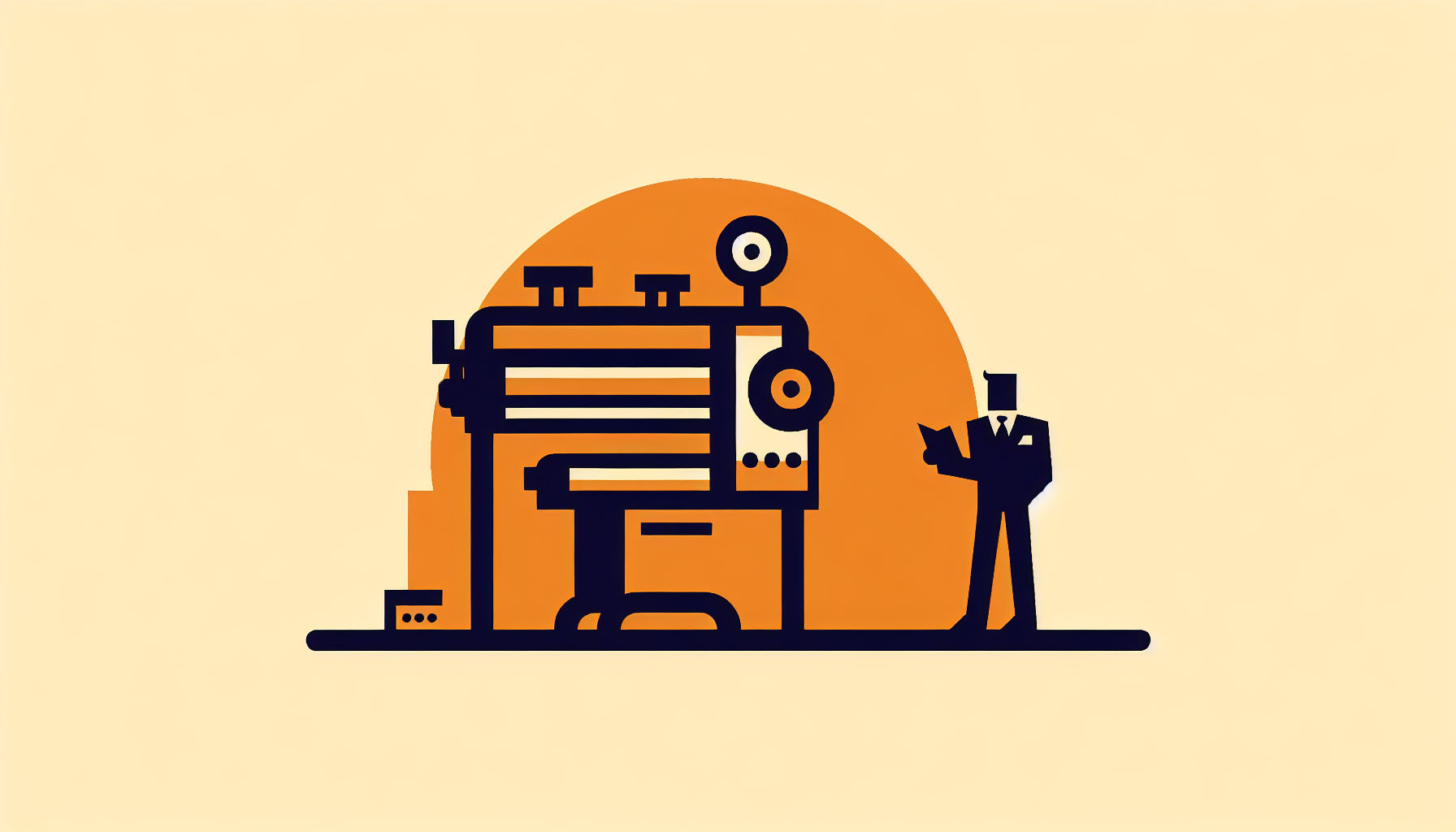On any given day, most of us already let machines decide for us more than we care to admit. Your phone decides which route you take to the office. An algorithm might nudge you toward one movie instead of another. Your email app sorts “important” from “other” without really consulting you first. To most people, this is convenient. After all, who wants to spend their lunch hour wrangling with their inbox?
But these are just baby steps. As artificial intelligence grows from toddler to teenager—and, possibly, into one of those know-it-all adults—some hard questions are heading our way. The big one: when, if ever, should we let AI make decisions *for* us?
The Lure of Machine Wisdom
Let’s start with why we’re even tempted by the idea. Human decision-making is… well, let’s say it’s not always our finest work. We’re emotional. We’re easily distracted. We misremember things, or cling to old biases. Sometimes we don’t really know why we do what we do (see: why you ate three donuts instead of one).
AI, in contrast, promises logical, evidence-based, sometimes superhuman decision-making. AI systems can process mountains of data (try reading one million medical journals in a weekend), keep running 24/7, and—crucially—avoid fatigue. If a system can make safer, more reliable choices in, say, driving a car or diagnosing cancer, shouldn’t we let it?
Of course, the answer is not simple. Handing over the controls is more complex than just trusting the machine to know better. Ethics shows up, wagging its finger, and asks: is it right?
The Spectrum of Autonomy
Not all decisions are created equal. There’s a spectrum of how we delegate control:
1. **Supportive AI**: The AI suggests, you decide. Like autocorrect (which kindly suggests the word you meant, not the word you typed).
2. **Collaborative AI**: The AI and the human team up. Maybe your car beeps if you’re drifting from your lane, but you still hold the wheel.
3. **Autonomous AI**: Full control by the AI. Think self-driving cars navigating rush hour traffic without any help from you (ideal for those who despise parallel parking).
At each level, the ethical landscape shifts. Supportive systems generally raise few eyebrows. Most of us like good advice. As AI inches closer to autonomy, though, the stakes—and concerns—rise.
The Case For (and Against) Autonomous Decision-Making
Let’s play philosopher and argue both sides.
**Pros of Machine Decisions:**
– **Safety and Consistency**: AI in medicine can lower error rates. Fewer mistakes, fewer patients harmed.
– **Efficiency**: No dithering, no coffee breaks. Machines won’t delay tough calls out of fear of being disliked.
– **Unbiased Reasoning**: In theory (sometimes more theory than practice), AI can ignore irrelevant human biases.
**Cons of Machine Decisions:**
– **Accountability**: When a self-driving car causes an accident, who do we blame—the rider, the manufacturer, or the line of code?
– **Loss of Agency**: Decisions define us. If we let machines choose for us, what’s left of our autonomy? Are we still meaningfully deciding, or just along for the ride?
– **Hidden Bias**: AI can quietly absorb the prejudices of its creators or the data it feeds on, sometimes dressing up old human biases in new silicon suits.
What Makes a Decision “Ethical”?
Let’s be honest: humans themselves don’t always agree on what’s truly right or wrong. (If you need evidence, observe a family trying to decide what movie to watch.) But when AI steps in, the criteria for an ethical decision become even trickier.
There are three key factors:
1. **Transparency**: Can we understand why the AI decided the way it did? An algorithmic black box is a poor philosopher’s companion.
2. **Consent**: Did we agree to let the machine decide? Was opting in a real choice, or just a checkbox we clicked so we could use the app?
3. **Outcome**: Did the decision lead to good consequences, both for individuals and society? Even well-intentioned AI can make blunders with collateral damage.
Often, these factors pull against each other. We crave AI systems that are accurate *and* understandable *and* fair. Alas, perfection is an elusive beast.
Drawing the Moral Line
So, when *should* we let AI decide for us? Here, philosophers disagree vigorously—sometimes over strong coffee, sometimes just for fun. A few tentative suggestions:
– Let AI make decisions for us **when the consequences are minor or reversible** (your phone suggests dinner spots; you can always veto).
– Use AI as a partner in **domains where human error is high and stakes are steep**, but keep humans in the loop. For example, a doctor guided by AI when diagnosing rare diseases—a marriage of expertise.
– Be *cautious* about full autonomy in **value-laden or ambiguous choices**, such as who qualifies for a loan, or who gets bail. These require nuanced judgment and empathy. Two things most algorithms, for now, are faking.
The Road Ahead (Spoiler: It’s Bumpy)
Each new leap in AI raises fresh ethical quandaries. Synthetic judges deciding legal cases? AI choosing which news you read? The path is riddled with potholes.
Maybe the best we can do is this: inspect each case, squint at the risks and rewards, and err on the side of humanity. Make sure the final decision-maker has a name and a face—unless and until we’re convinced the machine has earned our trust (and perhaps a name of its own).
There’s a reason ethical dilemmas don’t have easy answers. They demand that we stay vigilant, skeptical, and just a bit humble. Machines may outthink us soon—but only we can decide when that’s a good idea.
And if someday your AI butler picks out your morning socks, just remember: you can always mismatch them, just to keep both the humans and the machines guessing.

Leave a Reply